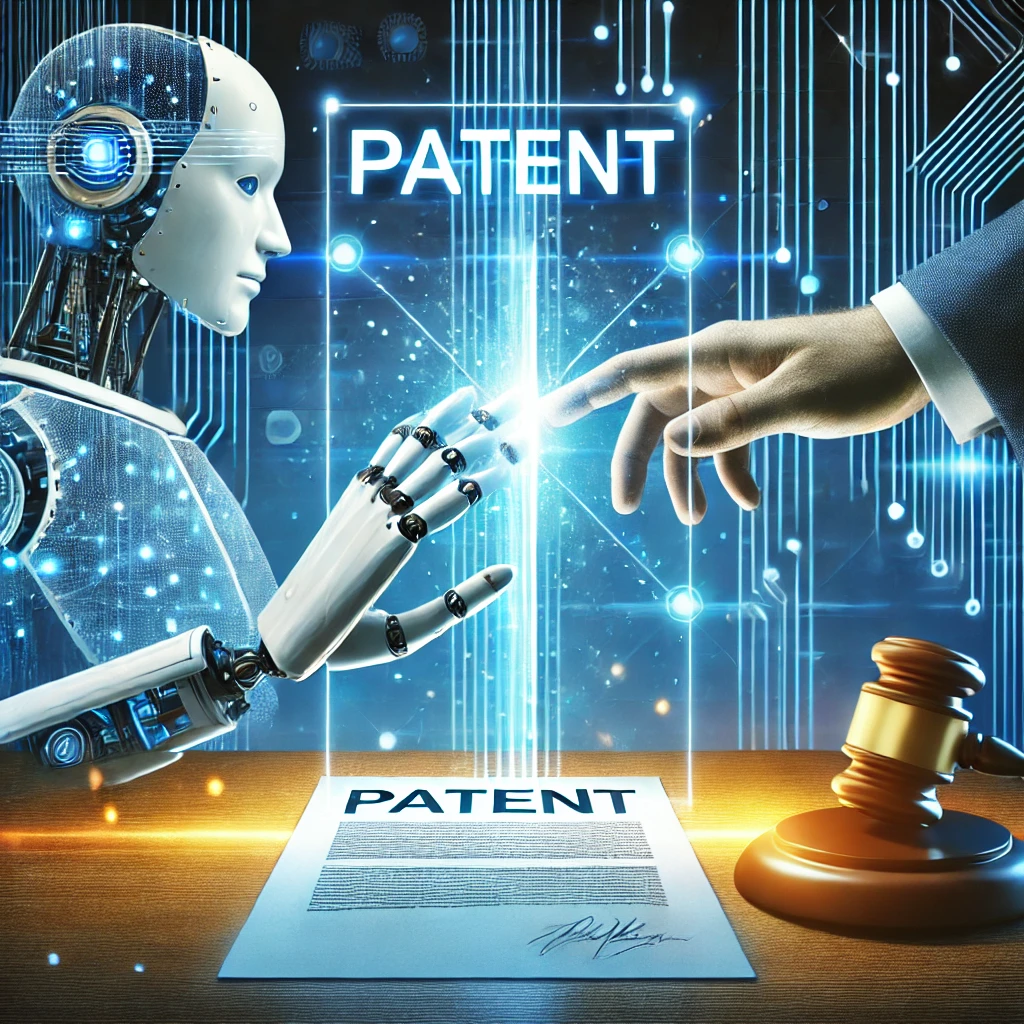In a lawsuit concerning whether artificial intelligence (AI) can be recognized as an inventor and obtain a patent, the Intellectual Property High Court of Japan (IP High Court) ruled that “an inventor must be a human.” This ruling clarifies Japan’s stance within the ongoing global debate on the legal status of AI-generated inventions.
Background of the Ruling
At the center of this lawsuit was an attempt by a U.S.-based applicant to obtain a patent for a technology allegedly invented autonomously by the AI system “DABUS.” However, the Japan Patent Office (JPO) rejected the application on the grounds that “only humans can be listed as inventors.” This decision was upheld in the first instance (Tokyo District Court) and remained unchanged in the appeal.
Can AI Be an Inventor?
This issue touches on the fundamental principles of patent law. The patent system is designed to promote technological innovation by granting exclusive rights to “inventors.” However, if an AI is recognized as an inventor, the question arises: who holds the rights to the invention?
The IP High Court ruled that the term “inventor” in patent law applies exclusively to humans, rejecting the notion that AI can be an inventor. This stance aligns with decisions made by other jurisdictions, including the United States, the United Kingdom, and the European Patent Office (EPO). However, some countries, such as South Africa and Australia, have taken steps to recognize AI-generated inventions, highlighting the lack of international consensus on this issue.
Why Is It Difficult to Recognize AI-Generated Inventions?
- A Legal Framework Designed for Humans
The patent system is built on the assumption that inventors can obtain patents and benefit from them. However, since AI itself cannot hold rights, it remains unclear who would own the rights to an AI-generated invention.
- Accountability Issues
AI cannot bear ethical or legal responsibility for its inventions. If an AI-generated invention were to cause harm to society, the question arises: who would be held accountable?
- Distinction from Human Creativity
If AI generates new technology by learning from existing data, is this equivalent to human “creativity,” or is it merely advanced data processing? This question introduces a philosophical dimension to the debate.
Future Outlook
The current patent system is designed with human inventors in mind. However, as AI continues to advance, the concepts of “human-AI co-invention” and “AI as an independent inventor” are becoming more plausible. In the future, the following measures may be necessary:
- Clarifying AI-Assisted Inventions
Establishing a framework for granting patents based on the extent of AI’s contribution to the invention.
- Considering a New Intellectual Property System
Introducing a new legal framework separate from patents to protect innovations generated by AI.
- Establishing International Standards
If different countries adopt conflicting positions, patent validity may vary by jurisdiction, necessitating efforts to ensure global consistency.
Conclusion
The IP High Court’s ruling reaffirmed Japan’s human-centric approach to patent law, excluding AI from being recognized as an inventor. However, as AI technology continues to evolve, the limitations of the current patent system may become more apparent. Moving forward, continued discussions will be essential in determining how AI should be incorporated into intellectual property frameworks.

